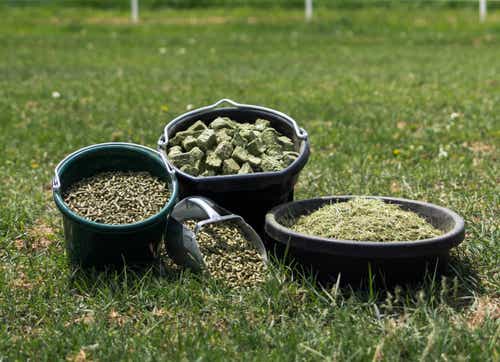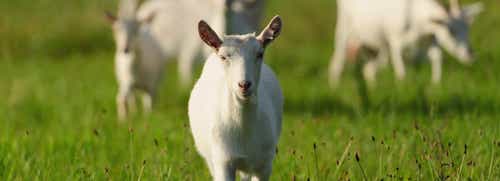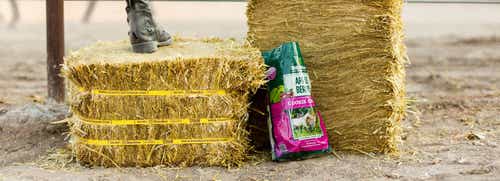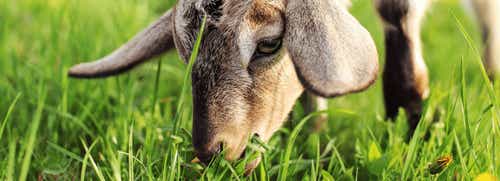
Adopting a Rabbit This Easter…What You Should Know
Easter is around the corner, and many households are considering the adoption of a rabbit.
Bunnies are...
- The 3rd most popular pet in the US
- Super adorable
- Quirky and playful
- Require less habitat space

Unfortunately, however, approximately ⅓ of adopted rabbits end-up abandoned or returned to shelters and rescues.
Below are things to consider before you adopt a rabbit (and a few recommendations if you do):
1.) Bunnies Can Have Different Personalities from Quiet and Shy to Gregarious and Social
Recommendation: Observe your potential rabbit partner before adoption.
2.) Rabbits Have a Long Life Span - Typically 8 to 12 years
3.) Bunnies Are Best Indoors Due to Predators, Limited Heat and Cold Tolerances and Socializing
Recommendation: Set-up your rabbit habitat indoors.
4.) Keep Your Rabbit Habitat Clean
Recommendation: Spot clean daily and deep clean at least weekly. Helpful Hint - rabbits can be house trained!
5.) Rabbits Need Exercise Everyday
Recommendation: Several hours of exercise daily helps with weight control, stimulates healthy digestion, and eliminates boredom. See our Is Your Rabbit Bored? blog from November 4, 2019 for additional exercise ideas.
6.) Socialize Your Rabbit
Recommendation: Pet and hold your rabbit! But when holding your rabbit, make sure you support their hind legs to create a sense of security and safety. Also, adult oversight is recommended with children.
7.) Bunnies Need Grooming Including Nail Trimming Every 2 Weeks and Hindquarter Cleanings
Recommendation: Use a damp cloth to clean hindquarters as needed; brushing can help remove excess hair.
8.) Supervise Your Bunny When Out for Exercise, Outdoors, and with Other Animals and Children
This keeps your rabbit safe and your home free of chewing damage too.
9.) Rabbits Need Wellness Checks and Should Be Spayed or Neutered
Recommendation: Visit your rabbit’s veterinarian annually; spaying females at 6 months will help avoid uterine cancer. Spaying/neutering also helps control hormonal behaviors like urine spraying, circling, aggression, and biting.
10.) Vacation Bunny Care - Arrange It
11.) Feed Your Rabbit Right from the Start
Recommendation:
- From 6 months to 1 year or older, feed the following:
- High-quality Timothy or other grass forages and fortified food*
- Limit fruit and some vegetables to reduce sugar intake (leafy, low-water content greens are okay)
- Provide wooden sticks or blocks for enrichment and to wear down teeth
- Make sure they have access to fresh water at all times
*Substitute Alfalfa for grass forage for rabbits 6 months or younger. Alfalfa provides protein and calcium nutrients for proper growth.
Please consult your veterinarian with any specific questions regarding your rabbit’s diet.
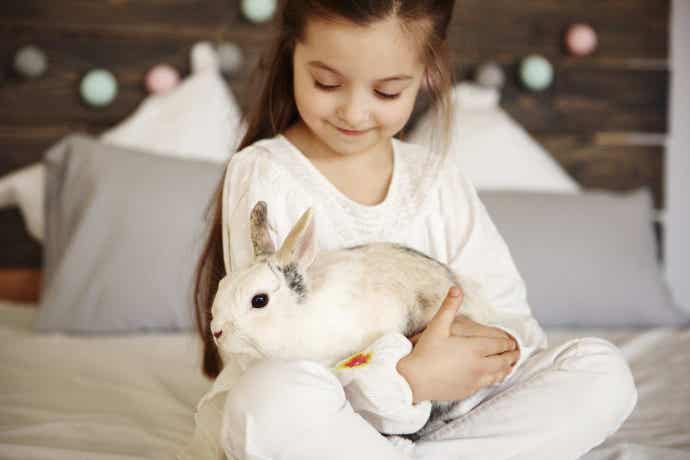
See our What Type of Forage is Best for Your Small Animal? blog from May 29, 2019 for additional feeding information for rabbits and other small companion animals.
Standlee Premium Western Forage has a full line of high-quality, hand-selected forages for your rabbit or other small companion animals!

Visit our Small Animal Product Page to view our complete product selection, nutritional information, and find or purchase products.
Best wishes on your bunny decision!
Sources:
- PetMD.com- ‘What You Need to Know Before You Adopt a Rabbit’
- Care.com- ‘So You Want to Adopt a Rabbit!’, Stephanie St. Martin, 3/5/12
- Insider.com- ’16 things you know before adopting a rabbit,’ Janaki Jitchotvisut, 6/6/18


